Dhaka, Aug 01 (V7N) – BNP Standing Committee member Salahuddin Ahmed has stated that the July Charter represents the will of the people and stands above legal processes. He criticized certain political parties for focusing solely on procedural reforms like proportional representation (PR), calling it a diversion from the broader national consensus.
He made these remarks while briefing journalists during the break on the 23rd day of the second phase of the National Consensus Commission's dialogue with political parties at the Foreign Service Academy in Dhaka on Thursday afternoon.
Salahuddin emphasized that BNP supports electing representatives to the proposed upper house of Parliament based on the seat distribution of the lower house. “In our 31-point outline, we were the first to propose the formation of an upper house where respected individuals from diverse sectors would participate. But they must be chosen through an electoral process tied to the lower house, and they should not have the authority to amend the constitution, as they are not directly elected,” he stated.
On the July Charter, he said, “If all political parties agree to the July Declaration, what greater national consensus could there be? What is the need for a separate law then? This Charter is a pledge founded on the people’s sovereign will. It transcends legal formalities. This is now a matter of national sovereignty.”
Salahuddin also noted that there were inconsistencies in the initial draft of the July Charter sent by the National Consensus Commission, but BNP has submitted corrections. “The Charter proposes fulfilling its commitments within two years of forming the government. We fully support that,” he said. “We’ve also agreed to commit to any necessary changes in the constitution or laws to uphold the Charter.”
Regarding the caretaker government issue, he clarified that no final decision has been made yet. “However, we remain firm on the restoration of fundamental rights and our commitment to building a united, inclusive nation.”
Commenting on the evolving agreement around presidential elections, Salahuddin confirmed that all parties have agreed that the president will be elected through a secret ballot by members of Parliament. “There is consensus on this. No one has opposed it. But we also believe the president should be granted some substantive powers.”
END/AJ/RH



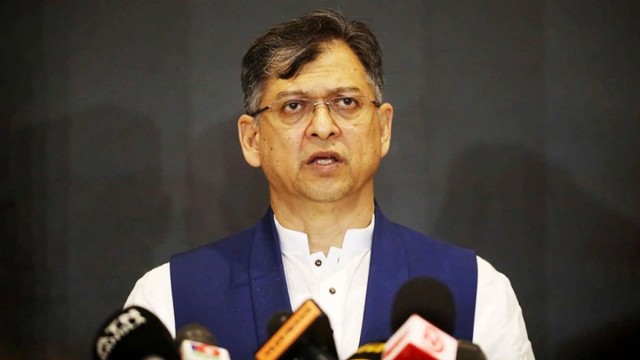
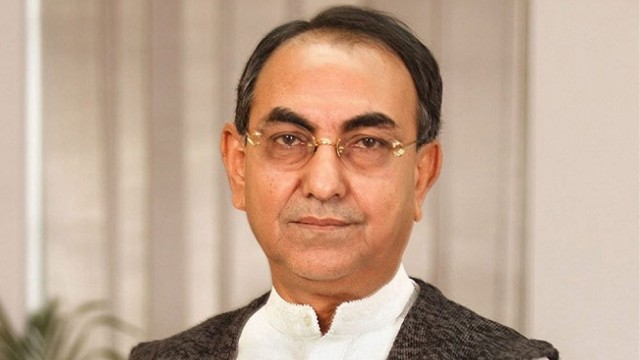
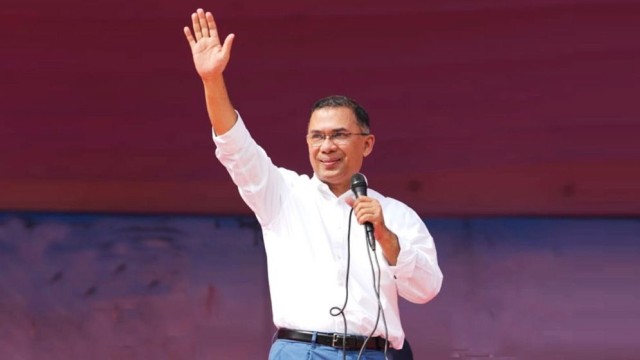

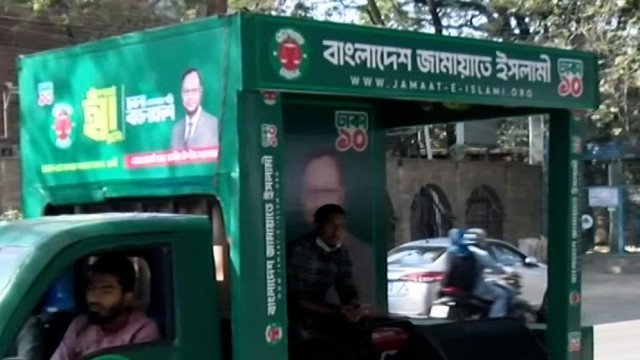
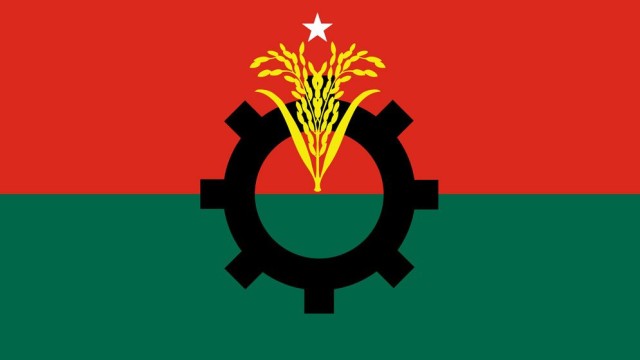
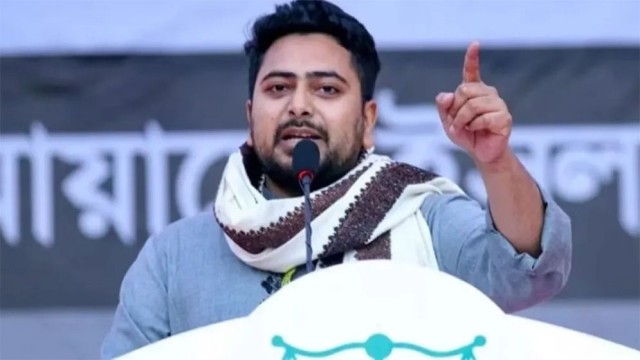

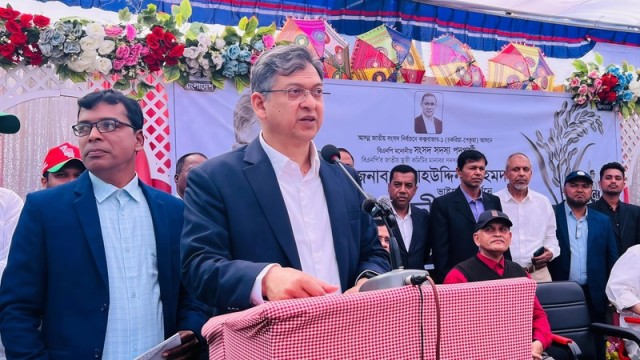

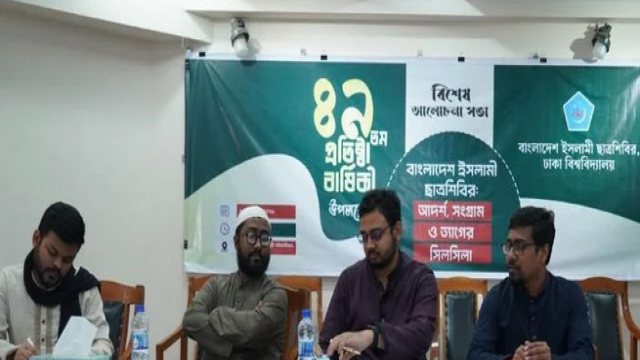













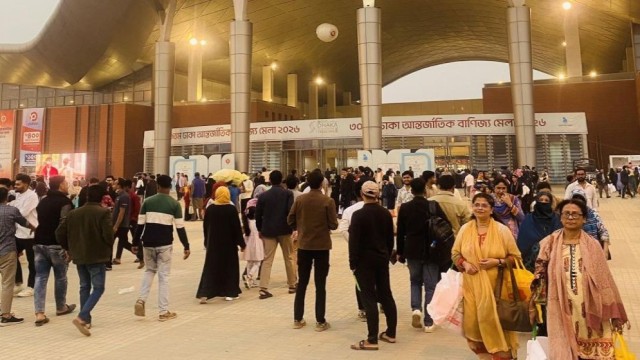
Comment: